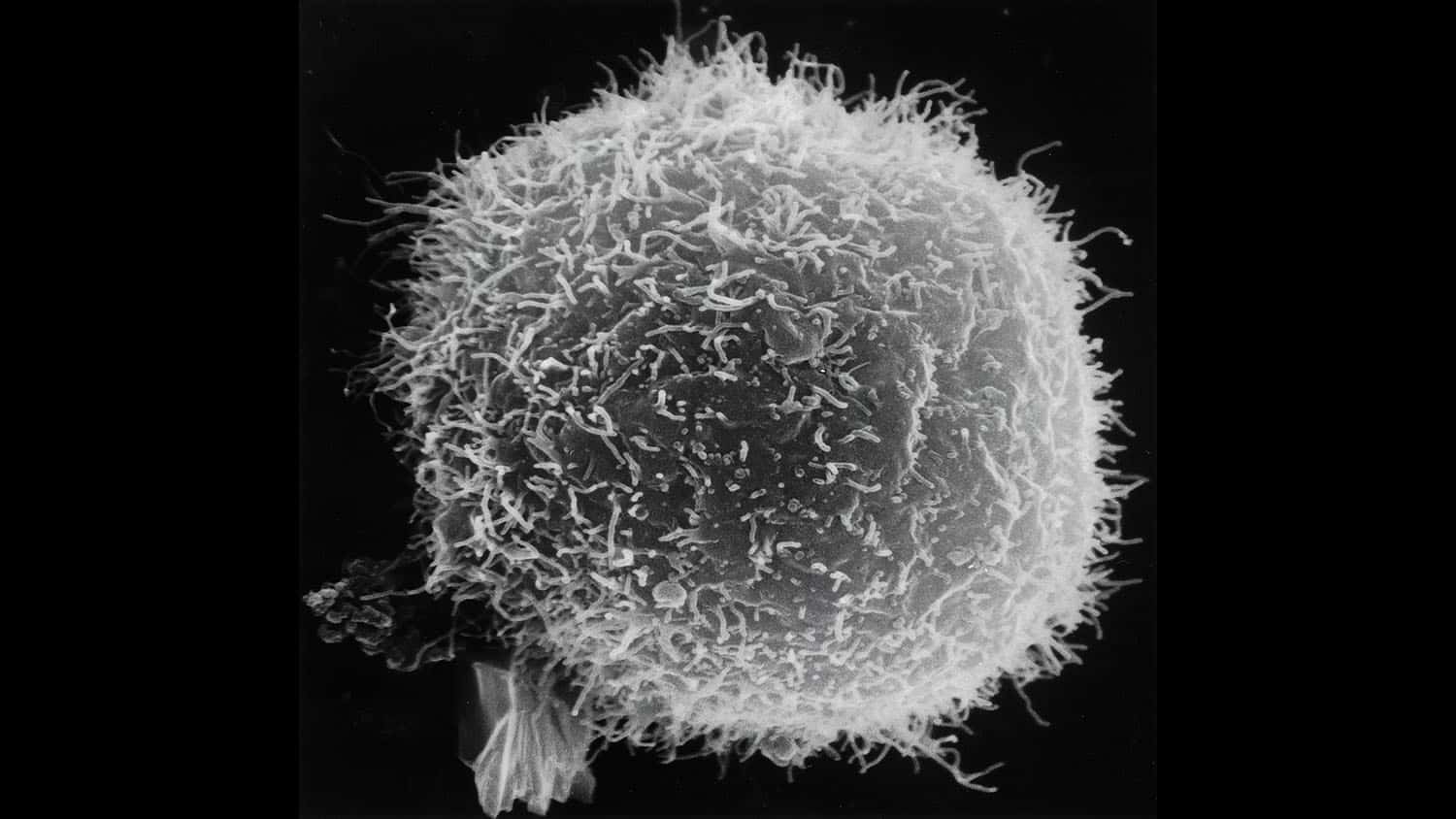PFAS

High Levels of Short-Chain PFAS Found in Wilmington Residents’ Blood

PFAS From Fluorochemical Plant Found in Dust of Nearby Homes

Garden Produce Grown Near Fayetteville Works Fluorochemical Plant Contains GenX, Other PFAS

It Could Take Over 40 Years for PFAS to Leave Groundwater

Podcast: PFAS Exposure

Study Tests Firefighter Turnout Gear With, Without PFAS

PFAS Found in Blood of Dogs, Horses Living Near Fayetteville, N.C.

PFAS Can Suppress White Blood Cells’ Ability to Destroy Invaders

Alligators Exposed to PFAS Show Autoimmune Effects

NC State’s Jane Hoppin Wins Holshouser Award

Pine Needles Tell the Story of PFAS in North Carolina

Researchers Receive $17M Grant to Explore Links Between Contaminants and Liver Cancer

Study: Novel PFAS Comprise 24% of Those Measured in Blood of Wilmington, N.C. Residents

PFAS Present Throughout the Yadkin-Pee Dee River Food Chain
